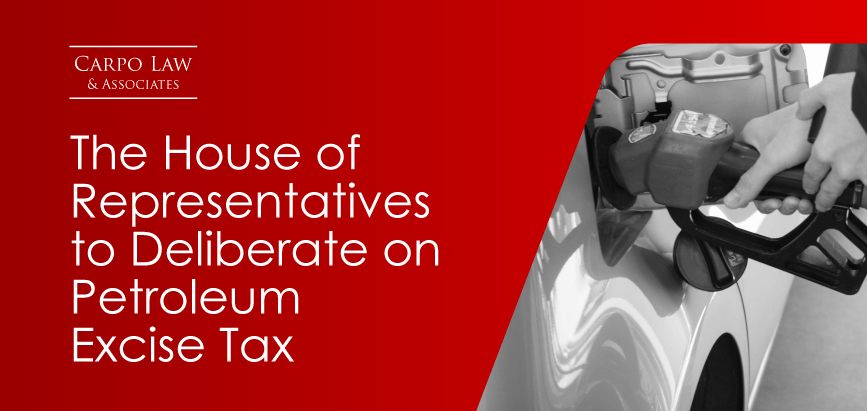
The House of Representatives to Deliberate on Petroleum Excise Tax
House Speaker Lord Allan Velasco stated that the House of Representatives will focus on tackling several petitions on fuel taxes as the senate deliberated the government’s ₱5 trillion budget.
Velasco noted, “[The House] would like to be informed of how fuel prices have shot up so fast in a matter of weeks so that we can possibly come up with measures that will help mitigate this emerging obstacle toward our recuperation.”
Various legislators pleaded for the deferment of petroleum taxes following the fuel price surge in the Philippines.
In addition, Velasco expressed, “As we prepare for the wider reopening of businesses, we must ensure that our economic recovery will not be hampered by unwelcome disruptions, such as the unimpeded sharp rise in the cost of fuel.”
The rising in oil prices is associated with the global oil prices and Republic Act (RA) 10963 or the Tax Reform for Acceleration and Inclusion (TRAIN) law that took effect in 2018.
The TRAIN law has increased the taxes on petroleum products specifically gasolene and kerosene by several rates over the past three tranches from 2018 to 2020.
Since then legislators condemn the rising oil taxes together with global oil prices, for the 10 following weeks of gasoline prices surge.
The Department of Energy (DOE) released data showing the surge of gasoline prices to ₱20.80 per liter while diesel increased to ₱18.45 per liter, and kerosene by ₱16.04 per liter over the course of 10 weeks.
However, the Department of Finance (DOF) notified that the national government would lose ₱131.4 billion in profits if Congress pushed through with postponing the oil taxes.
DOF Undersecretary Antonette Tionko stated in a letter to Finance Secretary Carlos Dominguez III, “Any suspension of the imposition of excise should be appropriately studied as the revenue to be foregone is substantial and may affect the government’s budget for COVID-19 recovery measures.”
The TRAIN law allowed the privilege of postponing petroleum taxes. However, Tionko expressed that the safety net provision expired in 2020, and legislators had since suggested that it should be renewed.
Velasco stated the House was unable to discuss the proposals after it passed the 2022 general appropriations bill on third and final reading last September, 30.
Senate President Vicente Sotto III expressed that the upper chamber will start its deliberations when Congress proceeds with a session this week and will pass the budget by early December.

